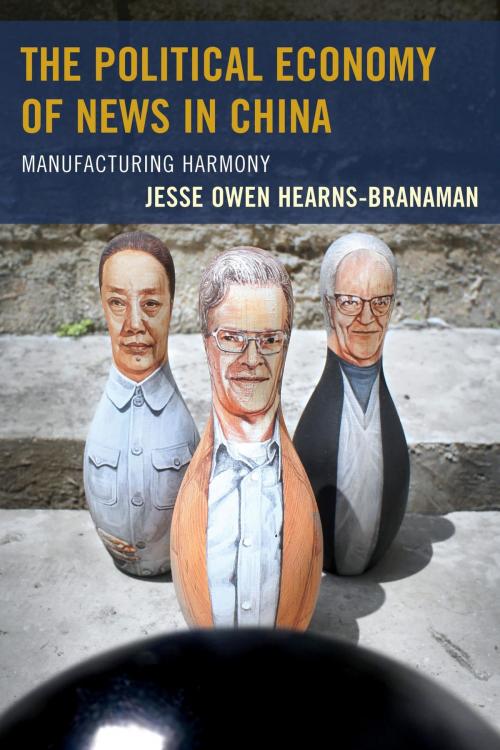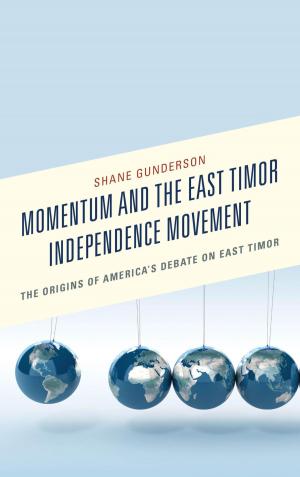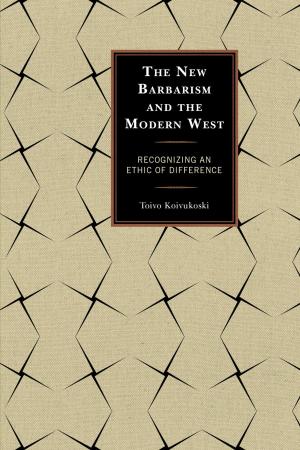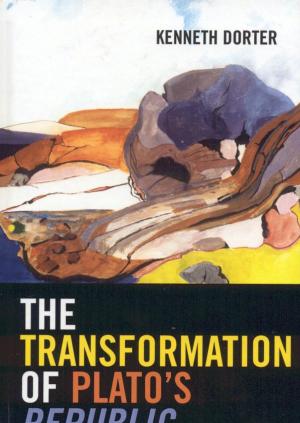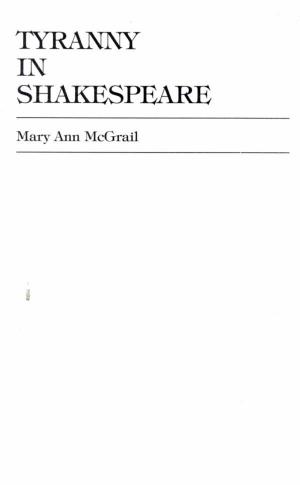The Political Economy of News in China
Manufacturing Harmony
Nonfiction, Social & Cultural Studies, Political Science, Politics, Economic Conditions, Reference & Language, Language Arts, Communication, History, Asian, China| Author: | Jesse Owen Hearns-Branaman | ISBN: | 9780739182932 |
| Publisher: | Lexington Books | Publication: | December 24, 2014 |
| Imprint: | Lexington Books | Language: | English |
| Author: | Jesse Owen Hearns-Branaman |
| ISBN: | 9780739182932 |
| Publisher: | Lexington Books |
| Publication: | December 24, 2014 |
| Imprint: | Lexington Books |
| Language: | English |
The Political Economy of News in China: Manufacturing Harmony is the first full-scale application of Herman and Chomsky’s classic propaganda model to the news media content of a country with a system that is not outwardly similar to the United States. Jesse Owen Hearns-Branaman examines the news media of the People’s Republic of China using the five filters of the original model. He asks provocative questions concerning the nature of media ownership, the effect of government or private ownership on media content, the elite-centered nature news sourcing patterns, the benefits and costs of having active special interest groups to influence news coverage, the continued usefulness of the concepts of censorship and propaganda, the ability of advertisers to indirectly influence news production, and the potential increase of pro-capitalist, pro-consumerist ideology and nationalism in Chinese news media. This book will appeal to scholars of international media and journalism.
The Political Economy of News in China: Manufacturing Harmony is the first full-scale application of Herman and Chomsky’s classic propaganda model to the news media content of a country with a system that is not outwardly similar to the United States. Jesse Owen Hearns-Branaman examines the news media of the People’s Republic of China using the five filters of the original model. He asks provocative questions concerning the nature of media ownership, the effect of government or private ownership on media content, the elite-centered nature news sourcing patterns, the benefits and costs of having active special interest groups to influence news coverage, the continued usefulness of the concepts of censorship and propaganda, the ability of advertisers to indirectly influence news production, and the potential increase of pro-capitalist, pro-consumerist ideology and nationalism in Chinese news media. This book will appeal to scholars of international media and journalism.
